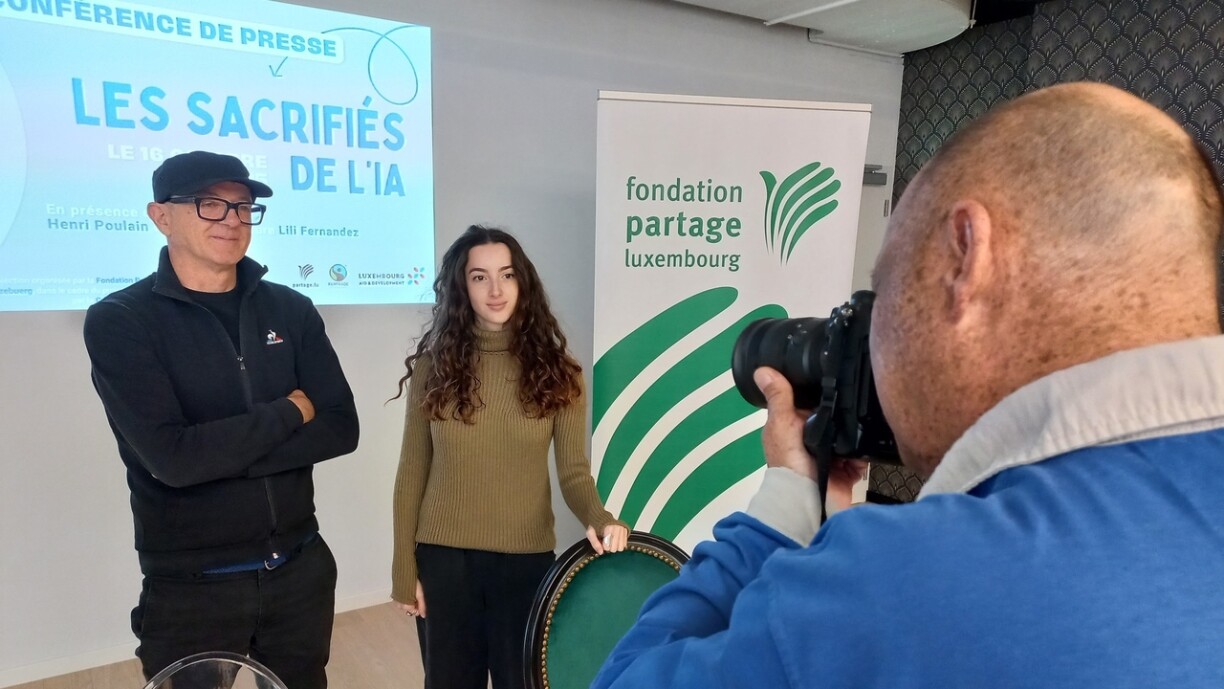
Poulain explained that the image of “artificial intelligence” is largely a myth. In his view, there is nothing truly artificial or intelligent about it, as it relies on the labour of millions of poorly paid human workers and the exploitation of natural resources. He described AI as a system built on invisible human effort rather than autonomous thinking.
He added that every algorithm depends on an enormous amount of raw data, which must first be cleaned, labelled, and made comprehensible by people. Without this human processing, he said, the algorithms would be useless.
Fernandez, who interviewed dozens of workers involved in the process, said that most of this labour happens in countries such as Kenya, the Philippines, India, and Venezuela, where wages are extremely low and working conditions harsh. She noted that these people often earn just a few cents per hour for monotonous tasks, which sometimes require them to view and label disturbing or violent material.
To stop AI models from learning from harmful content, Fernandez explained, these workers must watch and tag prohibited images or text, work that can leave them psychologically scarred. She added that they are forced to sign strict confidentiality agreements preventing them from discussing their jobs, even with their families, and that violating these contracts could lead to severe punishment, including imprisonment.
Beyond legal risks, Fernandez said, the constant fear of losing their job keeps many trapped. Because they live in deep poverty, even this tiny income can be essential for survival, leaving them completely dependent on the companies that hire them and unable to organise or demand better conditions.
Poulain called this situation a form of data colonialism, where digital progress in the Global North depends on the exploitation of invisible labour in the Global South. He described it as a technological paradox, a supposedly advanced industry sustained by archaic and exploitative practices.
Raising awareness of this hidden reality is also the mission of Fondation Partage and Fairtrade Lëtzebuerg, which aim to make the public in Luxembourg aware of the millions of people whose unseen work powers today’s digital systems.
Jean-Louis Zeien, president of Fairtrade Lëtzebuerg, emphasised the need for stronger human-rights safeguards in global supply chains and warned that Europe is heading in the opposite direction under the pretext of simplifying administrative procedures. He said that companies and governments alike must recognise their responsibility to ensure that human dignity and fairness extend throughout the production of new technologies.